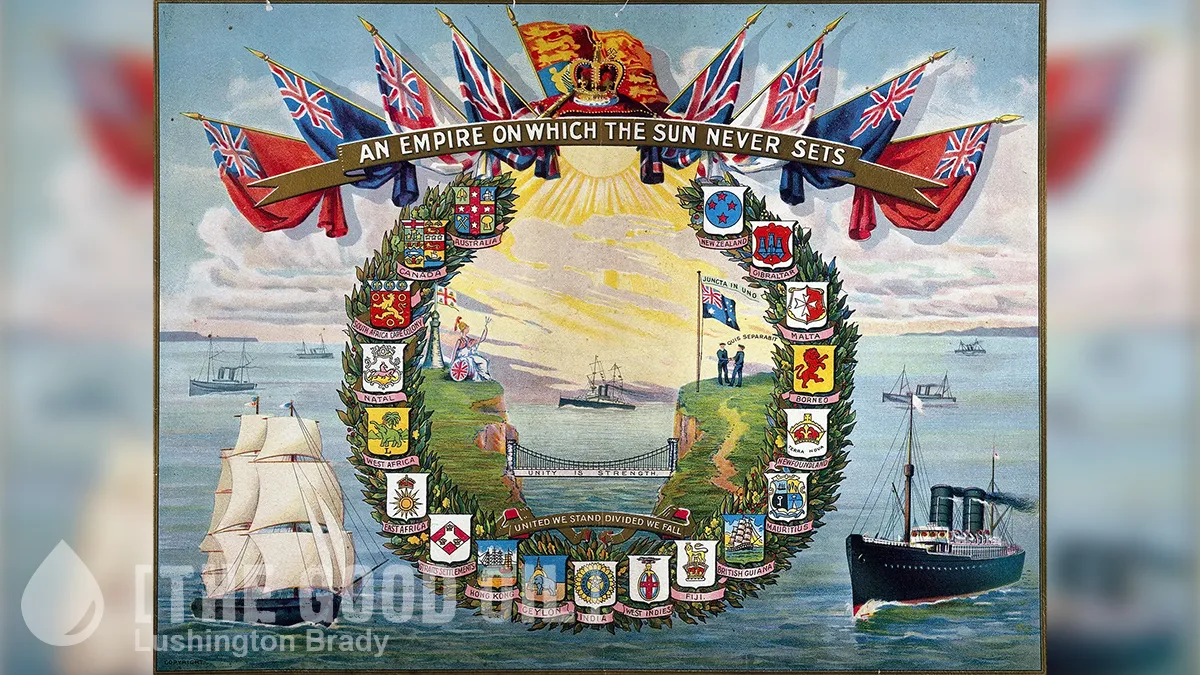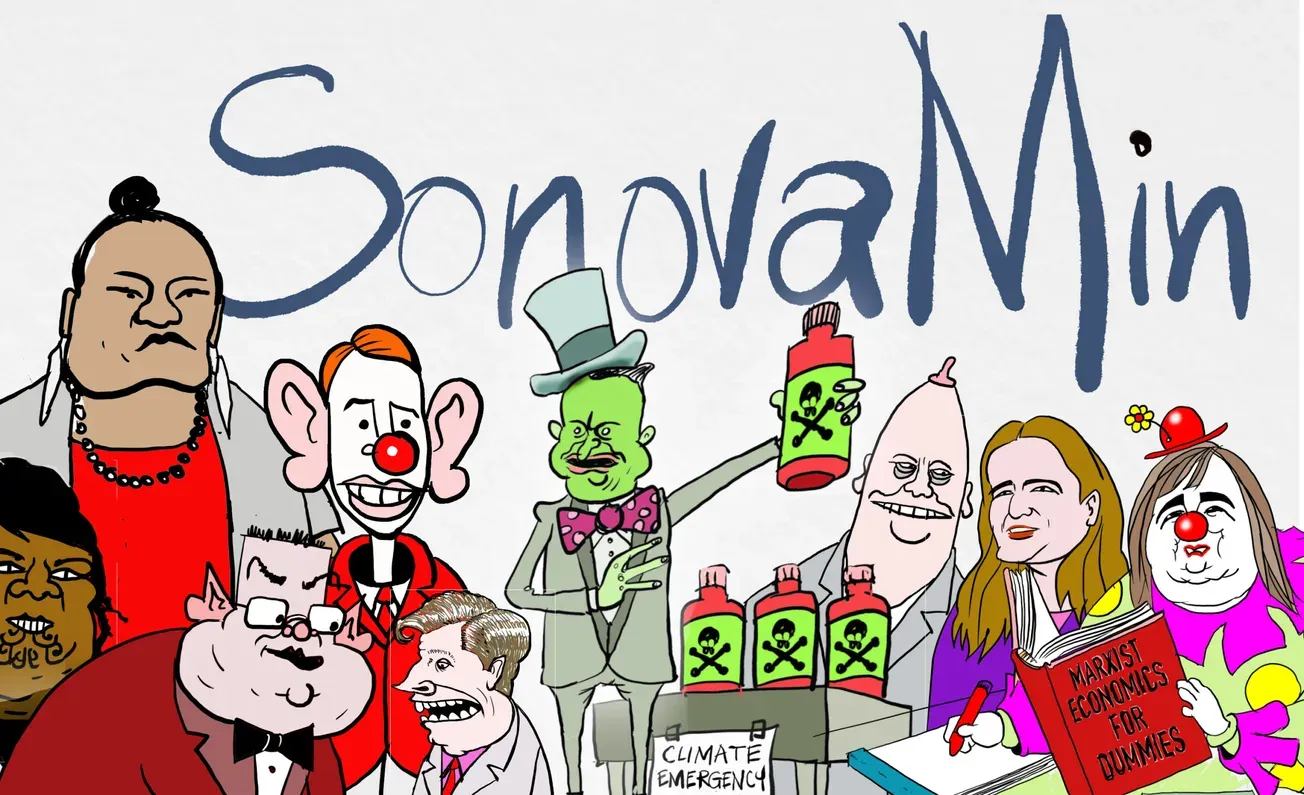Table of Contents
The word for today is…
farce (verb, noun):
verb
1: stuff
2: to improve or expand (something, such as a literary work) as if by stuffing
noun
1: a savoury stuffing
2: a light dramatic composition marked by broadly satirical comedy and improbable plot
3: the broad humor characteristic of farce
4: an empty or patently ridiculous act, proceeding, or situation
Source : Merriam -Webster
Etymology :From Shakespeare’s The Comedy of Errors to Monty Python and the Holy Grail, many of us are familiar with farce in its dramatic sense. However, when farce first appeared in English, it had to do with cookery, not comedy. In the 14th century, English adopted farce from Middle French with its original meaning of “forcemeat”—that is, a highly seasoned, minced meat or fish often served as a stuffing. In the 16th century, English imported the word again, this time to refer to a kind of knockabout comedy already popular in France. French farce had its origins in the 13th-century practice of “stuffing” Latin church texts with explanatory phrases. By the 15th century, a similar practice of inserting unscripted buffoonery into religious plays had arisen. Such farces—which included clowning, acrobatics, reversal of social roles, and indecency—soon developed into a distinct dramatic genre and spread rapidly in various forms throughout Europe.
If you enjoyed this BFD word of the day please consider sharing it with your friends and, especially, your children.






